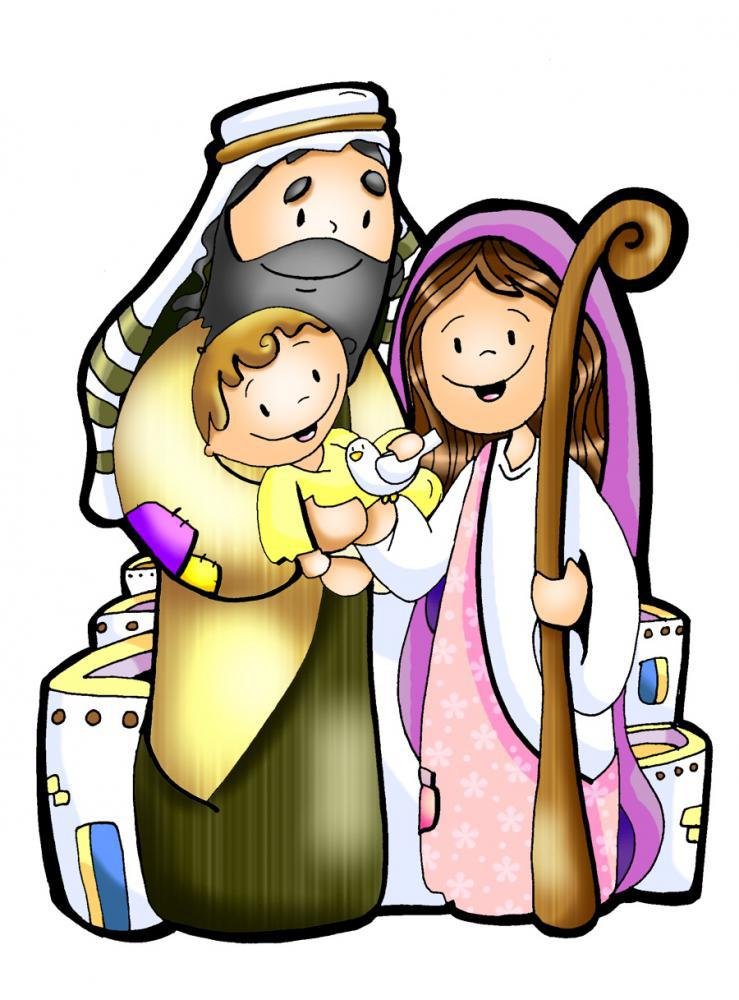Theologians must listen to families, says Rome official
Exclusive interview with Mgr. Philippe Bordeyne, president of the Rome-based Pontifical John Paul II Theological Institute for Marriage and Family Sciences

Pope Francis opend the 10th World Meeting of Families on Wednesday evening at the Vatican.The event, which John Paul II created in 1994 and takes place every three years, runs through Sunday.The theme this time is "Family Love: A Vocation and a Path to Holiness".Delegates of the world's bishops' conferences and representatives of international movements that are involved in the pastoral care of the family will be on hand for the main gathering in Rome.
But the Vatican has also encouraged dioceses around the globe to organize local events.This world meeting was supposed to take place last year, but it was forced to be postponed because of the COVID-19 pandemic.The pope requested that this year's format be "multicentric and extended" since he is convinced that the change in the global context due to the health situation could not be ignored.And what about the theology surrounding the issues most directly affecting today's families?
Mgr. Philippe Bordeyne, president of the Rome-based Pontifical John Paul II Theological Institute for Marriage and Family Sciences, told La Croix's Loup Besmond de Senneville that theologians must have to listen more to families in order to better accompany them.
La Croix: Does the Church need to review its doctrine on the family?
Philippe Bordeyne: The question is not posed in these terms. The Church does a considerable amount of work to welcome families as they are.For example, in France these days more than 60% of children are born out of wedlock and many of these families come to ask for baptism.This is also the case in the rest of Europe, as well as in Africa and Latin America, where this phenomenon is massive, even if we don't talk about it. The Church welcomes these families, in various situations. But that is not enough, it must accompany them.
What does that mean?
Today, we welcome families, but we don't really accompany them.For example, unmarried or remarried couples are welcomed in the name of mercy, but we do not address their life as a couple. No doubt out of fear of doing the wrong thing.But the baptism of a child is an opportunity to address the parents, because a birth changes many things in a couple.The very fact of asking for baptism is sometimes a concession from one parent to the other. It is an opportunity to talk about the family and to begin a journey.
There are also situations for which there is no proposal: I am thinking of couples in the process of separation or divorce. This is not thought of in our proposals.
How can we better accompany these people?
We must start from where they are – start by listening to them.Theological work must begin there: understanding reality, and in particular these faithful "who very often respond as best they can to the Gospel amid their limitations, and are capable of carrying out their own discernment in complex situations," as Pope Francis writes in Amoris laetitia.
We need to hear their way of being in a couple, why they want a child or do not want one.We must also be attentive to how God's grace is working on people. Because if they come to the Church for baptism or marriage preparation, it means that these people have a desire for God, however small that desire may be.
For this, we need sociology, but we must also enter into a more properly theological understanding: how does the Holy Spirit work in the baptized? How can we reach the desire of God linked to this desire for family?The synodal path that Pope Francis has launched is a good way to listen to families.
The questions facing those accompanying people today are: How do you adapt to the current context? To poverty? To the pressure put on families? To the relationship with professional life?In order to do all this listening work, the organizers of the World Meeting of Families bring in couples for several days.We theologians must listen to them. This will create an interaction between Church and families.In this context, what should we do with the legacy of John Paul II?We owe four very important shifts to John Paul II.
The first is the Christological shift in anthropology, that is, not losing sight of Christ the Savior in our understanding of the human being.The second aspect is the mystical and social shift concerning conjugal morality, which includes the theology of the body and the social role of the family.Thirdly, there is the greater valuing of the laity, which John Paul II led in the wake of the Second Vatican Council and Francis continues.
And finally, the cultural shift in evangelization, that is, the realization that we do not do the same thing in Europe and in Asia.This heritage is precious, and we must continue to cultivate it.


 Votes : 0
Votes : 0









